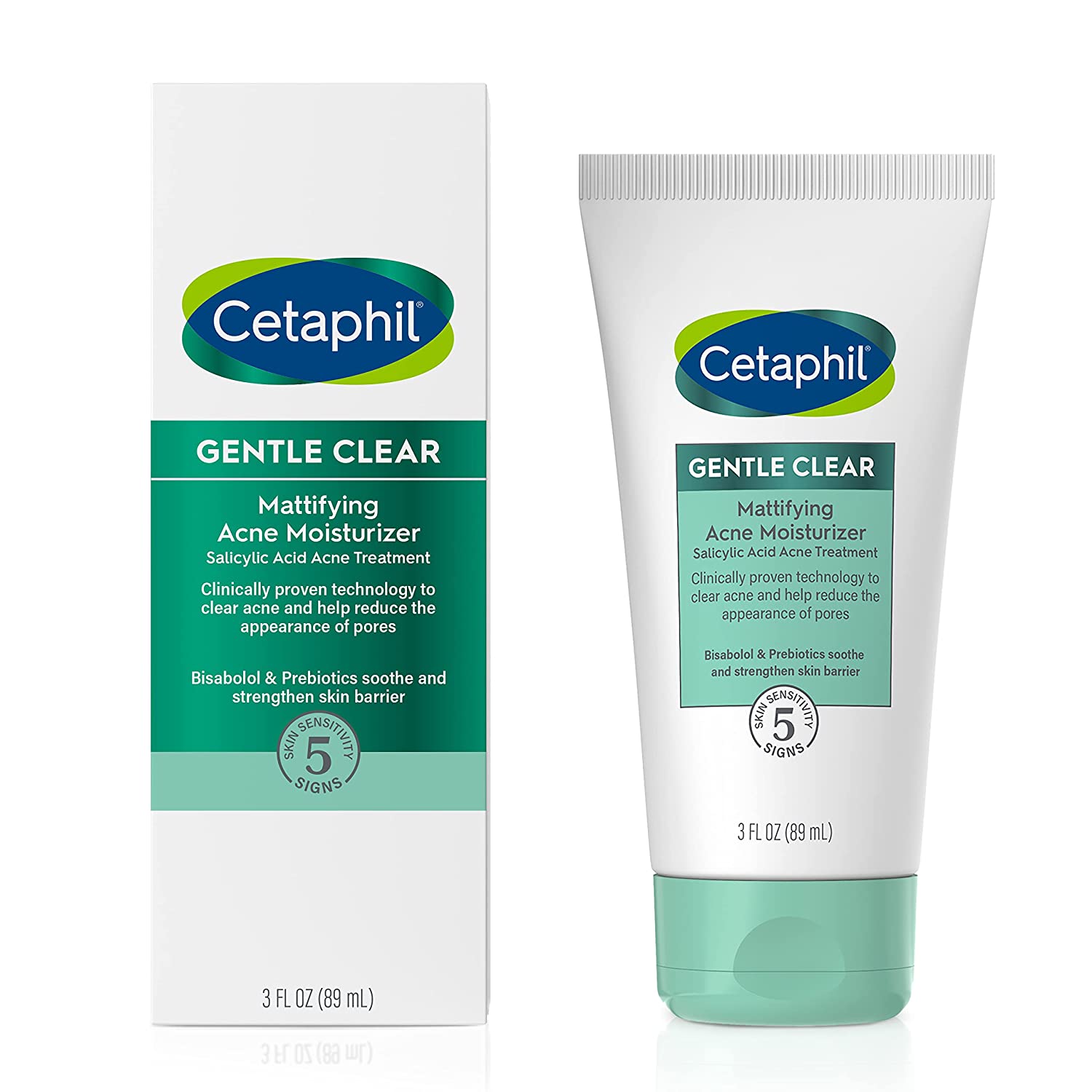Cold showers can do SO much for the body. They can speed up muscle recovery, boost your energy, and make your hair look shiny. But despite what people on TikTok may tell you, they can’t cure your acne.
“If you were having a breakout, a cold shower could maybe provide some symptomatic relief, but it doesn’t work on the core mechanism behind why acne occurs,” says Heather Woolery-Lloyd, MD, a board-certified dermatologist in Miami, Florida. Acne has four main causes—abnormal keratinization (when pores get sticky and hold on to dead skin cells and debris), increased sebum production (aka excess skin oil), bacteria, and increased inflammation. In theory, cold showers could help with that last bit.
“Cold can benefit inflammation and in so doing, potentially improve that aspect of acne,” says Ranella Hirsch, MD, a board-certified dermatologist in Cambridge, Massachusetts. However, the inflammation that comes along with acne is a result of the other three causes—pores get clogged with oil, bacteria, and skin debris and then inflammatory cells kick into gear and try to help the situation.
“Inflammatory cells are needed to do things like fight infections. However, in conditions like acne, they are overactive” says Elizabeth Kream, MD, a board-certified dermatologist in New York City. “These inflammatory cells trigger an inflammatory response which gives acne lesions their characteristic red and angry appearance.”
And to really address the inflammation with cold, you likely need something way more intense than a shower. For example, Dr. Hirsh notes that a 2022 review study highlighted the positive impact that targeted cryotherapy can have on acne (translation: directly freezing individual pimples) but that this is very different from a cold shower. “That is, as they say, a horse of a different color,” she says.
So while cold showers for acne can help soothe the inflammatory response and make your pimples feel better, they’re not getting to the root cause of the inflammation. But, they also won’t make the issue worse. “A quick cold shower is not likely to have any long-term effects on acne lesions—it’s not going to make the pores more clogged or less clogged,” says Dr. Woolery-Lloyd.
If you’re managing painful acne lesions and want a short-term soothe, Dr. Hirsh says to “dive on in” to cold showers. But if you actually want to get to the source of your acne and clear it up, she says to use “actual ingredients known to help the underlying cause specific to your acne.” Both derms recommend antiseptic benzoyl peroxide, exfoliating alpha and beta-hydroxy acids, and cell-turnover-inducing retinoids. Even if you have sensitive skin or are looking for gentle products, you can still use these ingredients.
Dr. Woolery-Lloyd recommends Cetaphil’s Gentle Clear line which comprises the Triple-Action Acne Serum ($15), the Mattifying Acne Moisturizer ($11), and the Clarifying Acne Cream Cleanser ($10). All three are made with salicylic acid along with soothing ingredients like bisabol, prebiotics, and aloe vera to calm inflammation.
Dr. Woolery-Lloyd also loves Differin Adapalene Gel ($14) for those who can’t tolerate tretinoin. Both are retinoids (aka vitamin-A derivatives), and adapalene is stronger than retinol but weaker than tretinoin. “Adapalene is what dermatologists used for years for sensitive-skin acne,” she says. “Differin is fine if you have sensitive skin, just use it three times a week with a ceramide-based moisturizer.”
If OTC options aren’t cutting it, head to a board-certified dermatologist. “We have lots of great prescription products that are really useful in sensitive skin acne that I absolutely love,” says Dr. Woolery-Lloyd. If you want to, let that cold shower soothe your angry and painful pimples, but be sure to incorporate ingredients that will actually get the job done.
Our editors independently select these products. Making a purchase through our links may earn Well+Good a commission.


